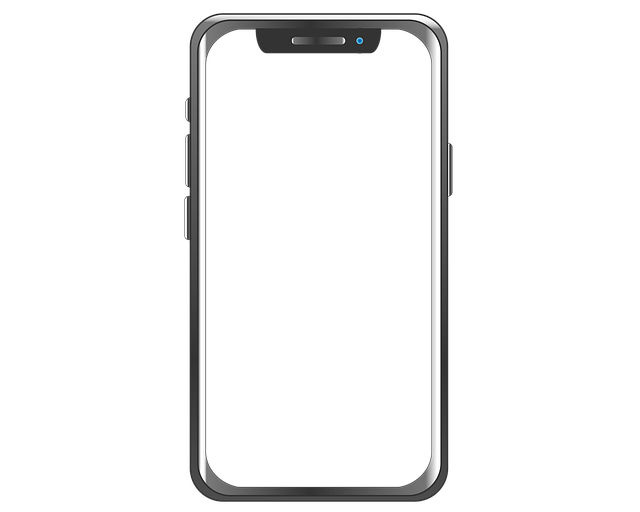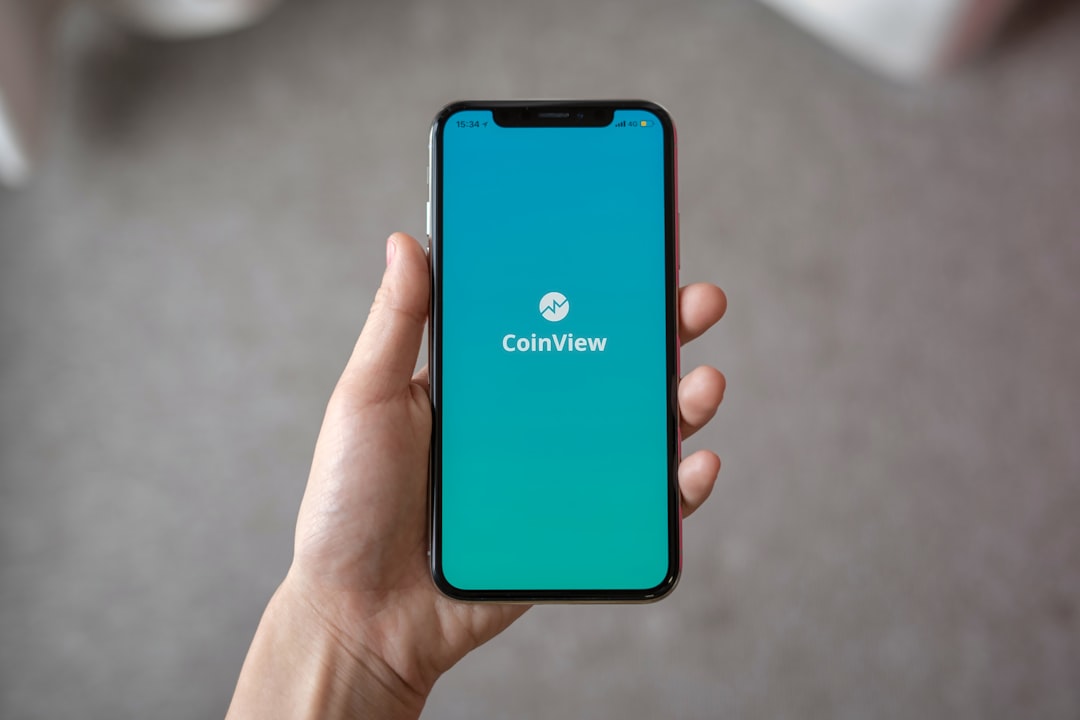North Carolinians face a growing problem of intrusive robocalls from unknown numbers, leading to annoyance and security risks. While local laws exist, these calls are hard to regulate due to international sources. Residents are turning to specialized apps and legal protections, such as 'Robocall Attorney North Carolina', combining tech advancements and legal guidance. Apps with advanced call filtering, community-driven databases, and user reports can reduce spam, but they have limitations. Popular options like SilenceX block unwanted calls using machine learning, adapting to individual preferences. The future looks promising with ongoing tech innovations for a quieter digital environment in North Carolina and beyond.
In today’s digital era, North Carolina residents face a growing problem with unwanted robocalls. These automated phone calls, often from telemarketers or scammers, can be relentless. This article explores effective solutions, focusing on how a dedicated app can help reduce robocalls in North Carolina. We delve into the tech-driven approach, legal considerations, key features to look for, and success stories, offering insights into the future of robocall attorney apps and their potential to disrupt this nuisance.
Understanding the Robocall Problem in North Carolina
In North Carolina, like many other states, residents face a persistent and growing problem: robocalls. These automated phone calls, often from unknown numbers, can be intrusive and frustrating. They span various forms, from marketing messages to fraudulent attempts at identity theft or scams promising false rewards. The sheer volume has led to widespread annoyance and distrust among citizens, with many feeling powerless against this modern nuisance.
Robocalls targeting North Carolina residents are not only an inconvenience but also pose significant security risks. Many of these calls are generated by out-of-state or even international entities, making it challenging for local authorities to trace or regulate them effectively. This complex web of communication has prompted many North Carolinians to seek solutions, including the use of specialized apps designed to combat robocalls. Engaging with a robocall attorney in North Carolina can also provide insights into legal protections and options available to combat this nuisance.
The Role of Technology in Combating Robocalls
In the ongoing battle against unwanted robocalls, technology plays a pivotal role in empowering North Carolina residents to reclaim their communication channels. With advancements in artificial intelligence (AI) and machine learning algorithms, innovative solutions are emerging to identify and block these persistent automated calls. Robocall Attorney North Carolina is not just a phrase; it symbolizes the synergistic relationship between legal protection and technological innovation.
These technologies analyze call patterns, tone, and content to distinguish robocalls from legitimate communications. By leveraging data-driven insights, applications can intelligently filter out unwanted calls before they reach users’ phones. This proactive approach ensures that North Carolina residents, especially those prone to receiving excessive robocalls, can enjoy a quieter, more peaceful communication experience.
Legal Aspects: What an App Can't and Can Do
In North Carolina, like many other states, there are strict laws in place to protect residents from robocalls. While an app designed to reduce robocalls can be a helpful tool, it’s crucial to understand what capabilities it has and what it cannot do legally. Apps generally cannot block or prevent calls from certain types of numbers, such as those used by law enforcement agencies, medical professionals, or financial institutions, which are often exempt from Do Not Call registries.
What an app can do is filter and identify potential robocalls using sophisticated algorithms that analyze calling patterns and known spam databases. It can also allow users to report unwanted calls, providing valuable data to regulatory bodies and potentially helping to strengthen anti-robocall legislation. However, the legal responsibility for managing robocalls lies primarily with telecommunications carriers and government agencies, not individual app developers or users.
Top Features to Look for in a North Carolina Robocall Reduction App
When choosing a robocall reduction app in North Carolina, there are several top features to look for. Firstly, ensure the app offers advanced call filtering capabilities that can intelligently identify and block not just spam calls but also those from known scam artists and robocallers. The ability to report unwanted calls is another crucial feature; this helps build a community-driven database of known robocall sources, enhancing the app’s effectiveness over time.
Moreover, consider apps with easy-to-use interfaces that allow users to manage call preferences effortlessly. Integration with existing contact lists and caller ID services is also beneficial, as it enables the app to learn and adapt to your personal calling patterns. Lastly, look for apps that provide regular updates on new robocalling trends and tactics, ensuring you stay protected against evolving threats. Incorporating features like do-not-disturb modes and customizable call settings can further enhance your experience as a North Carolina resident fighting against intrusive robocalls, potentially saving you time and stress by keeping your phone free from unwanted interruptions.
Success Stories and Future Prospects for Robocall Attorney Apps
The rise of robocalls has sparked a wave of innovation, with numerous apps aiming to silence these unwanted intrusions. In North Carolina, robocall Attorney apps have emerged as powerful tools for residents fed up with incessant calls. Success stories abound; users report significant reductions in spam calls after downloading and utilizing these apps. One such app, ‘SilenceX’, boasts a community of over 500,000 active users in the state, attesting to its effectiveness. By employing advanced blocking algorithms and machine learning, these applications adapt to users’ preferences, ensuring a more personalized experience.
Looking ahead, the future of robocall Attorney apps in North Carolina and beyond appears promising. As technology advances, these apps are expected to become even smarter, integrating with other communication platforms and offering enhanced privacy features. With ongoing updates and community feedback, developers can refine their tools, making them more accessible and user-friendly. The collective effort to combat robocalls is a testament to the power of technological collaboration, promising a quieter, more peaceful digital space for all.






